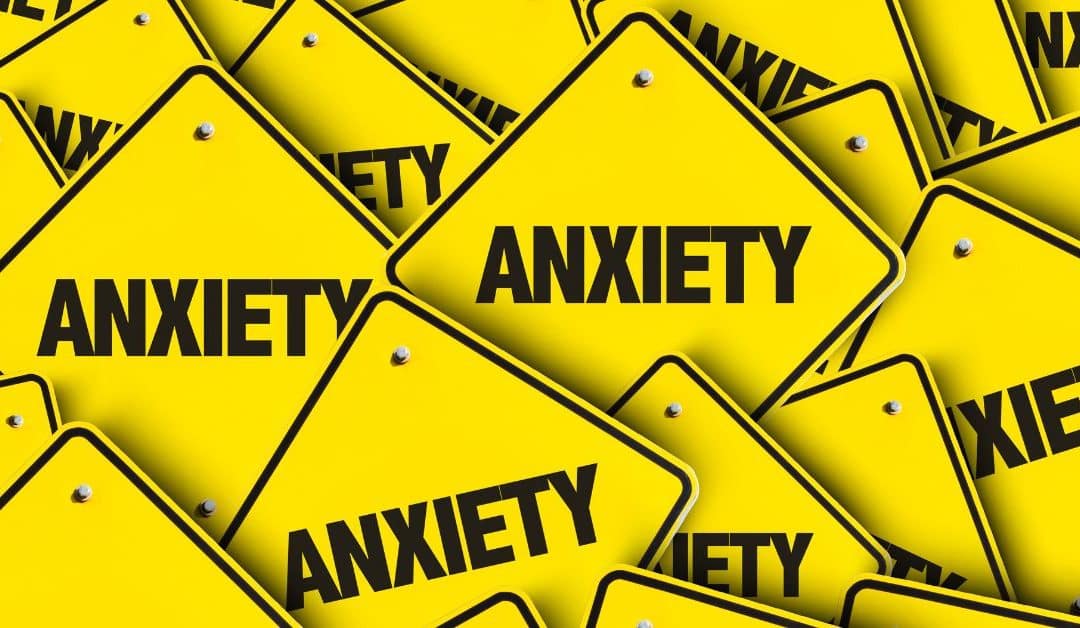
Shamanic Healing for Grief and Loss
Embracing Healing: Shamanic Approaches for Resolving Loss and Grief
Grief, a natural response to loss, can manifest in various ways, profoundly impacting individuals on physical, emotional, and spiritual levels. While grief is a universal experience, the journey of healing is deeply personal and unique to each individual. In recent years, there has been a growing interest in alternative approaches to grief resolution, including Shamanic healing techniques. Rooted in ancient wisdom and indigenous traditions, Shamanic healing offers a holistic framework for navigating loss, facilitating healing, and restoring balance within the individual. In this comprehensive exploration, I will delve into the benefits and techniques of Shamanic treatments for resolving the symptoms of loss and debilitating grief in clients, illuminating the transformative potential of ancient wisdom in healing the wounded heart.
Understanding Loss and Grief from a Shamanic Perspective:
Shamanism views loss and grief as natural aspects of the human experience, acknowledging the profound impact they have on an individual’s mind, body, and spirit. From a Shamanic perspective, grief is seen not merely as an emotional response but as a spiritual journey of transformation and growth. Shamanic healing recognizes that unresolved grief can lead to soul loss, energetic imbalances, and spiritual disconnection, exacerbating feelings of pain, sorrow, and isolation. Central to Shamanic healing is the understanding that grief is not something to be overcome or suppressed but a sacred process of honoring and integrating the experience of loss into one’s life.
Benefits of Shamanic Healing for Loss and Grief:
Shamanic healing offers a myriad of benefits for individuals struggling with loss and debilitating grief, providing a safe and supportive space for healing, transformation, and spiritual renewal. Some of the key benefits of Shamanic healing for loss and grief include:
Facilitating Soul Retrieval: Loss and grief can result in soul fragmentation, where parts of the individual’s essence become disconnected or lost. Shamanic healing techniques, such as soul retrieval, aim to reclaim and reintegrate these lost soul parts, restoring vitality, wholeness, and resilience within the individual.
Honoring the Sacredness of Grief: Shamanic healing honors the sacredness of grief as a natural and necessary process of healing and transformation. By creating sacred space and holding compassionate presence for the client’s grief, Shamanic practitioners provide a supportive container for the expression and release of emotions, memories, and beliefs associated with the loss.
Connecting with Ancestral Wisdom: Shamanic healing draws upon the wisdom and guidance of ancestral spirits, elders, and lineage ancestors to support the individual in their journey of grief resolution. Through rituals, ceremonies, and ancestral healing practices, clients reconnect with their ancestral roots, finding solace and strength in the collective wisdom and resilience of their lineage.
Restoring Energetic Balance: Shamanic healing works to clear energetic blockages, release stagnant energy, and restore balance within the individual’s energy field. By harmonizing the flow of energy, clients experience a sense of lightness, clarity, and inner peace, easing the symptoms of grief and restoring vitality.
Cultivating Meaning and Purpose: Shamanic healing helps clients find meaning and purpose in their experience of loss, facilitating a deeper understanding of the lessons, blessings, and growth opportunities inherent in the grieving process. Through guided journeys, storytelling, and symbolic rituals, clients reclaim their power to transform pain into purpose and honor the legacy of their loved ones in meaningful ways.
Techniques of Shamanic Treatment for Loss and Grief:
Shamanic treatment for loss and grief encompasses a diverse array of techniques tailored to the unique needs and preferences of each client. While specific practices may vary among traditions and practitioners, some common Shamanic techniques for resolving grief include:
Soul Retrieval: When Shamanic practitioners journey into the spirit world to locate and retrieve lost soul parts fragmented as a result of loss and grief. Through rituals, ceremonies, and symbolic gestures, clients reclaim these lost aspects of themselves, restoring vitality, wholeness, and resilience.
Ancestral Healing: Shamanic healing involves connecting with ancestral spirits, elders, and lineage ancestors to receive guidance, support, and healing in the journey of grief resolution. Through rituals, offerings, and ancestor ceremonies, clients honor their lineage and ancestral wisdom, finding solace and strength in the collective support of their ancestors.
Rituals and Ceremonies: Shamanic rituals, such sacred drumming circles, create sacred space for healing, transformation, and spiritual renewal. These rituals help clients release grief, express emotions, and honor the memory of their loved ones in a meaningful and symbolic way.
Nature Immersion and Earth-based Practices: Shamanic healing often involves spending time in nature, communing with the elements, and connecting with the wisdom of the earth. Practices such as nature walks, and earth-based rituals help clients ground themselves, find solace, and reconnect with the natural rhythms of life.
Guided Visualization and Journeying: Shamanic practitioners guide clients into altered states of consciousness through rhythmic drumming, chanting, or visualization, allowing them to access deeper layers of the psyche and receive guidance from spirit allies or power animals. Guided journeys facilitate emotional release, insight, and spiritual connection, helping clients navigate the complexities of grief with greater clarity and resilience.
Case Studies and Success Stories:
Whilst I cannot share the confidential personal stories of my clients, for obvious reasons, I offer these very credible public domain examples:
Numerous case studies and testimonials attest to the effectiveness of Shamanic healing in resolving the symptoms of loss and debilitating grief, promoting healing, and restoring balance within individuals. One such example comes from the work of Dr. Sandra Ingerman, a renowned Shamanic practitioner and author who has pioneered the use of Shamanic techniques for grief resolution. In her book “Walking in Light,” Dr. Ingerman shares the story of a client who experienced profound healing and transformation after undergoing a series of Shamanic rituals and ceremonies to honor the loss of a loved one.
Another example comes from the work of Dr. Alberto Villoldo, a psychologist and Shamanic healer who has successfully treated clients with grief using soul retrieval and energy healing techniques. In his book “Mending the Past and Healing the Future with Soul Retrieval,” Dr. Villoldo recounts the case of a client who suffered from debilitating grief and emotional pain after the loss of a child. Through Shamanic rituals, ceremonies, and soul retrieval, the client experienced a deep sense of healing, acceptance, and peace, finding solace in the understanding that their loved one’s spirit lives on in the realm of the ancestors.
Benefits and Positive Outcomes of Shamanic Healing for Loss and Grief:
The benefits of Shamanic healing for loss and grief extend far beyond symptom relief, encompassing profound transformations in consciousness, perception, and quality of life. Some of the key benefits and positive outcomes of Shamanic healing for loss and grief include:
Increased Sense of Peace and Acceptance: Shamanic healing promotes a sense of inner peace, acceptance, and surrender in the face of loss, helping clients navigate the complexities of grief with grace and resilience.
Deepening of Spiritual Connection: Shamanic healing deepens clients’ connection to themselves, their loved ones, and the spirit world, fostering a sense of continuity, connection, and love that transcends the physical realm.
Cultivation of Resilience and Wisdom: Shamanic healing helps clients cultivate resilience, wisdom, and emotional intelligence in the face of loss, empowering them to embrace the challenges of life with courage and grace.
Honoring the Legacy of Loved Ones: Shamanic healing provides clients with opportunities to honor the legacy of their loved ones in meaningful and symbolic ways, fostering a sense of connection, continuity, and reverence for their memory.
Restoration of Vitality and Well-being: Shamanic healing restores balance, vitality, and well-being within the individual, helping them reclaim their joy, passion, and zest for life in the aftermath of loss.
A Final Note:
Shamanic healing offers a powerful and transformative approach to resolving the symptoms of loss and debilitating grief, providing a safe and supportive space for healing, transformation, and spiritual renewal. Through techniques such as soul retrieval, ancestral healing, and guided journeying, clients reclaim their vitality, inner wisdom, and sense of connection to themselves and the world around them. As individuals embrace the healing embrace of Shamanic traditions, they embark on a sacred journey of self-discovery, empowerment, and wholeness, finding solace, meaning, and purpose amidst the pain of loss.
Experience the many benefits of a Shamanic Treatment Session:
Reduce Stress
Feel Empowered
Find Answers to Your Questions
Get Rid of Negativity
Heal Mind, Body and Soul
Find Peace and Direction
Energize Yourself



